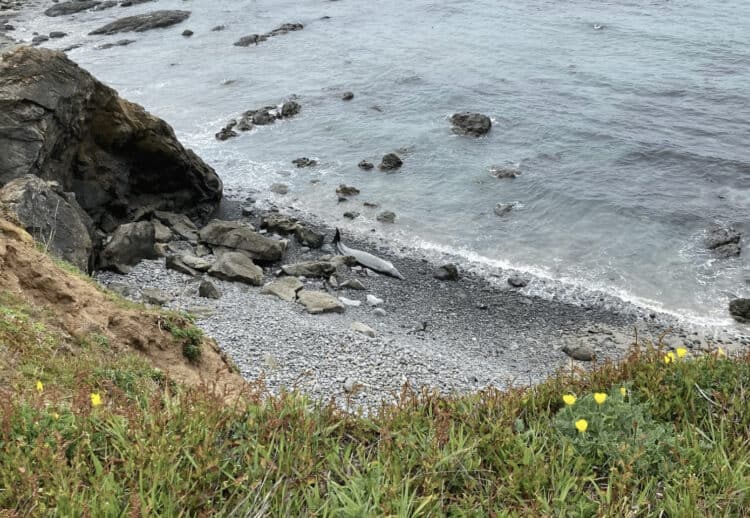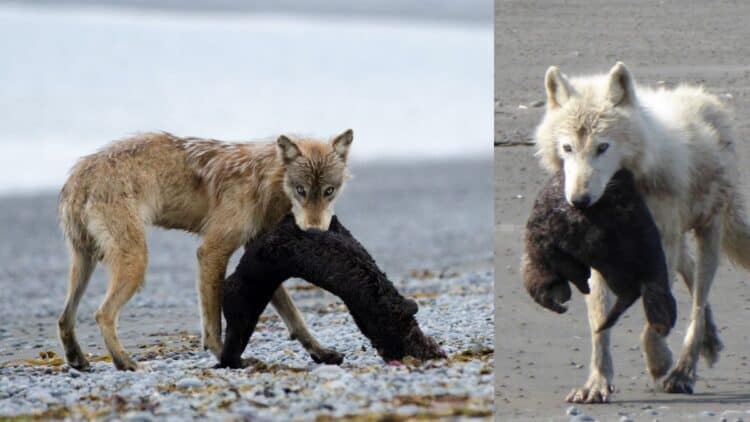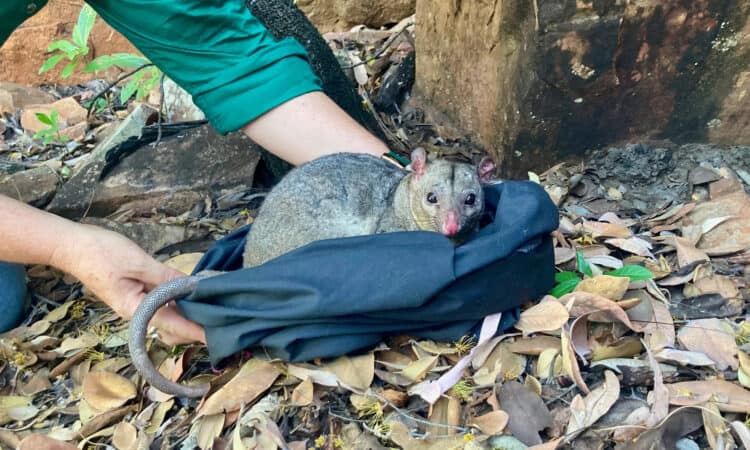After eating a pesticide forbidden for outdoor use in England, a rare white-tailed eagle was killed in West Sussex.
Conservationists had been hearing rumors of the bird’s death for a long time, but police had yet to confirm it.
A laboratory report confirming the usage of the prohibited herbicide bendiocarb has now proven that the bird died in October 2021, as well as the deaths of a buzzard and a dog.
The lab report stated that the buzzard did not die from swallowing bendiocarb, and there was no mention of how the dog died, according to the website Raptor Persecution UK, which is maintained by environmental advocate Dr Ruth Tingay.
The lab report said: “A dog died and a sea eagle and buzzard were found dead. Analysis has confirmed bendiocarb in the stomach contents of the sea eagle which is an abuse of the product. Negative analysis for the buzzard.”
Despite the findings, there have been no warnings issued by Sussex Police or other local authorities about the use of poisons which could even be fatal to humans if inhaled or ingested.
The death of the sea eagle comes amid growing concern about how wildlife crime is being policed on the south coast, after Dorset Police closed an “inconclusive” investigation into the death of another sea eagle in January this year, a decision which was closely followed by the suspected poisonings of a red kite and a buzzard, which were found by a walker.
White-tailed sea eagles have been reintroduced to the Isle of Wight as part of a major reintroduction programme.
They are the UK’s largest birds of prey, with wingspans up to 2.4 metres (almost 8ft).
The species has proved to be a considerable draw – boosting interest in the natural world and bringing a major lift to tourism in some areas.
A study by the RSPB this year found the reintroduction of white-tailed eagles to the Scottish island of Mull supported 160 jobs and brought up to £8m a year to the economy.
Earlier this month, in response to the recent spate of poisonings in Dorset, TV presenter and wildlife campaigner Chris Packham told The Independent that while there has been much focus on the detrimental impact on the environment of upland driven grouse shooting estates, “maybe we’ve been taking our eye off the ball in the lowlands”.
He added: “The incident with the white-tailed eagle [in Dorset in January] has drawn attention to this area. People have started looking more critically at what’s going on, and almost immediately we see significant spates of poisoning.”
A spokesperson for Sussex Police told The Independent: “Sussex Police’s Rural Crime Team is investigating the death of a white-tailed sea eagle that was found in West Sussex.
“Working with partners, the bird was located and recovered. Enquiries are ongoing to establish the cause of death.”
This article by Harry Cockburn was first published by The Independent on 28 April 2022. Lead Image: White-tailed eagles, seen here with a red kite, are the UK’s largest birds of prey (PA).
What you can do
Support ‘Fighting for Wildlife’ by donating as little as $1 – It only takes a minute. Thank you.
Fighting for Wildlife supports approved wildlife conservation organizations, which spend at least 80 percent of the money they raise on actual fieldwork, rather than administration and fundraising. When making a donation you can designate for which type of initiative it should be used – wildlife, oceans, forests or climate.


![More than 150 endangered vultures poisoned in South Africa, Botswana A Cape vulture flies low at the Vulpro Vulture Rehabilitation Centre in Hartebeepoort Dam in the Magalisburg region of South Africa in 2015 [Mujahid Safodien/AFP] (AFP)](https://focusingonwildlife.com/news/wp-content/uploads/000_Par8276044-750x563.jpg)



Leave a Reply